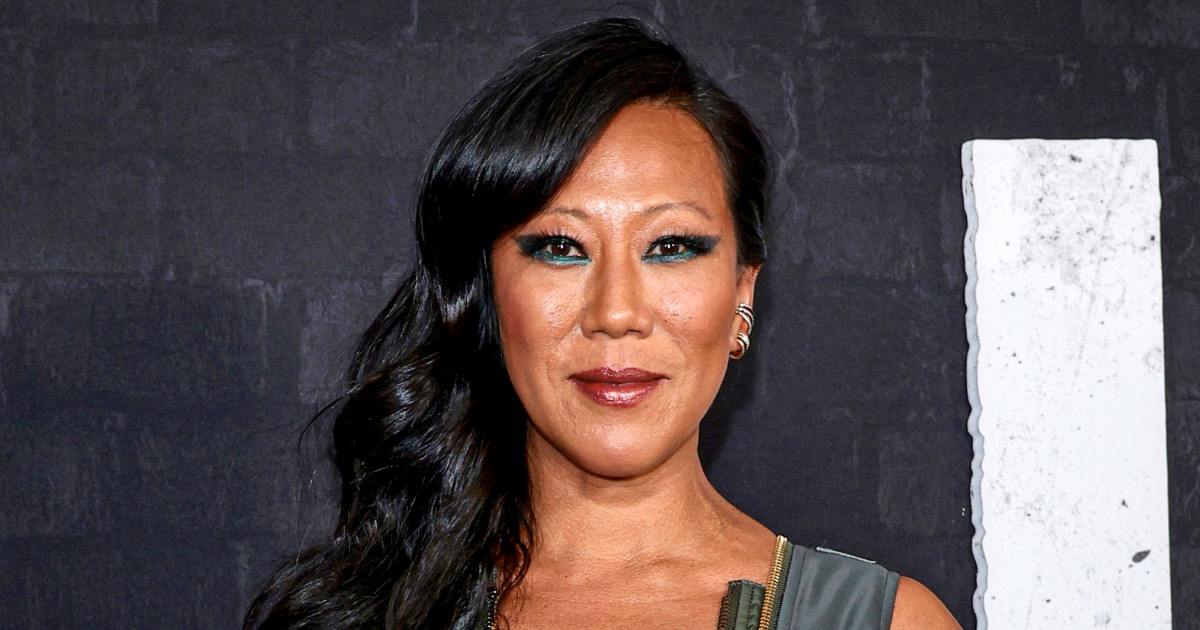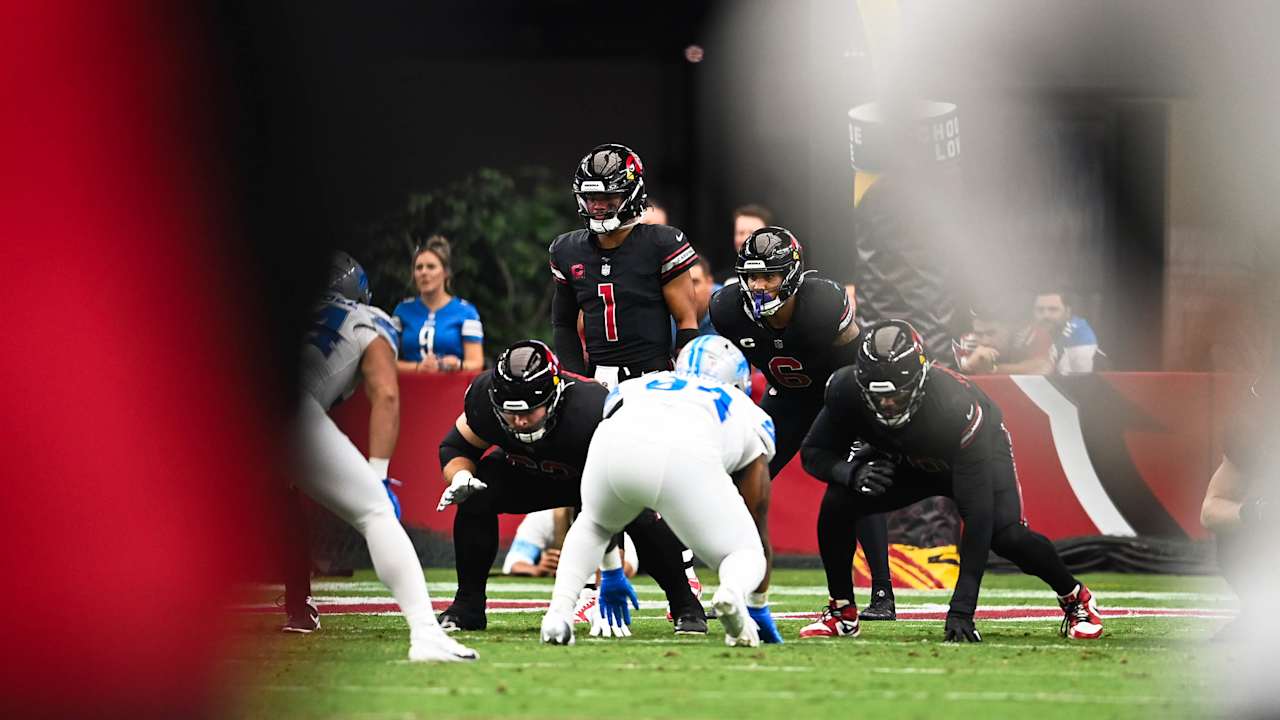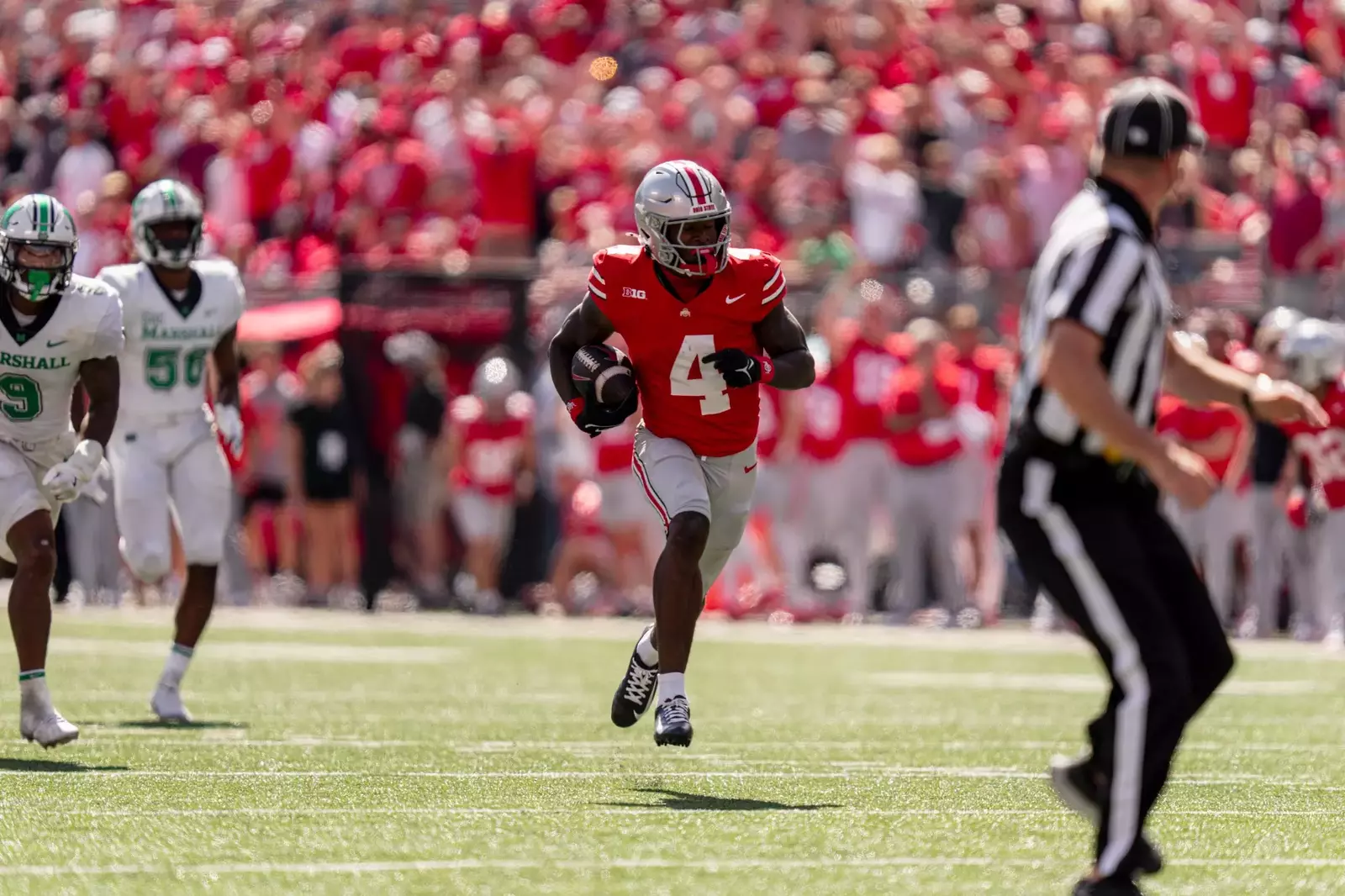“For Your Approval,” the new comedy special starring Ellen DeGeneres, begins with a kind of run-through of DeGeneres’ long career. We open with a shot of DeGeneres in her dressing room, smiling wistfully as she looks into the mirror and sees, overlaying herself, a projected memory of her first appearance on Johnny Carson’s “Tonight Show”; she smiles slightly at the recollection, then gets up to walk down the hallway toward the stage, seeing in monitors, as she walks past, clips from her 1990s sitcom, including her character’s (and her own) coming out as a lesbian. She walks up a staircase with each individual rung emblazoned with a headline about that sitcom’s 1998 cancellation and hears voices like Barbara Walters’ and Diane Sawyer’s describing the controversy; breathing a heavy sigh as she reaches the top of the staircase, 2024 DeGeneres breaks into a brave smile as Dory, her “Finding Nemo” character projected behind her, instructs her to “Just keep swimming.”
It’s a spectacle of ego that seems at odds with the humble, just-folks demeanor DeGeneres shows on stage — but then, that divide has lately been part of the whole Ellen experience. As the package goes on to chronicle first the seismic success of her talk show, which launched in 2003 (just five years after her sitcom was canceled) and then the painful swirl of reporting around the workplace culture at the “Ellen” talk show before it went off-air in 2022, there’s a discomfiting feeling of being stuck on a ride with someone who lives within her own mythology.
The special is marketed as DeGeneres’ last; an hour and change after its bombastic Eras Tour-style opening tour of DeGeneres’ iconography and impact, she thanks the audience for allowing her “to say goodbye on my terms.” And suffice it to say that DeGeneres has a lot on her mind. That applies even when she isn’t explicitly addressing her talk show’s conclusion: An early bit, about the challenges of parallel parking, seems intended to draw the audience’s attention to safer ground, away from the dramas that accompanied her leaving her daytime show. But her reference to “the deep shame you feel when you give up and drive away” seems to resonate beyond the parking space.
Then, she rights herself, moving on to tame observations about how annoying windshield wipers are. This — and, elsewhere in the special, musing about pigeons and butterflies’ respective personalities — is the sort of thing for which DeGeneres has been known since her career’s earliest going. That understated, unflashy approach has made it ironic that she’s, twice over, become a cultural lightning rod, first for the matter of her openness about her sexuality, and then for her reputation as a harsh and demanding boss. After the first blowup, DeGeneres was able to lean into the chill, just-chatting aspect of her comedy. Contrary to her claim onstage that she was “kicked out of show business,” in the five years after “Ellen” was canceled, she got a new sitcom for CBS, hosted the Emmys, starred in a Pixar film and got a talk-show deal. Each of those steps leveraged her fun, sunny, easygoing persona, and the progress in her career legitimately helped make progress for queer people.
It seems harder for her to dig herself out now, in part because she seems less interested; a major aspect of the special is discussion of aging, and DeGeneres, closing her career, seems at this point uninterested in defending herself along specific terms. (That’s not to say that she’s at peace. She bristles at the criticism she received, and notes that it was unfair and unreasonable to expect her, a career comedian, to also be a boss in a workplace.) She talks about the culture on set as fun and happy, making a joke about how her love of scaring people looks different in retrospect — one that’s a bit too convoluted, and clouded by what’s actually reported to have happened, to land.
Comparing DeGeneres’ two career blowups is also a challenge because, in the first case, she was plainly the victim of prejudice (albeit, as noted, for the brief period she was between gigs); in the second, the case seems murkier. She notes that the confusion around her reported behavior was at odds with the fact that she’d instructed her audience to “be kind” at the end of every episode. “Had I ended my show by saying ‘Go fuck yourselves,’” she muses as the audience roars, “people would have been surprised to find out I’m kind.” Well, sure. But a third and surprisingly compelling option might have been to end her show by saying “Good-bye” or “See you tomorrow.” There’s no reason DeGeneres had to say “Be kind” at all; if her persona was a prison, it was at least in part one of her own making.
DeGeneres is on steadiest ground in this special when discussing the universally relatable. Windshield-wiper humor just feels like time-filling, but DeGeneres addressing her mother’s dementia, for which she is in a care facility, is carried across with evident emotion and mordant wit. DeGeneres seems at times in “For Your Approval” frustrated that her persona — the talk-show games, chatty bonhomie, big checks handed out to audience members, “Be Kind” — blossomed beyond her control, though I’d argue that at least the way she chose to end each episode was firmly within her grasp. But inasmuch as the claim is true, it’s because the Ellen DeGeneres who conquered celebrity culture and set the relentlessly, banally optimistic tone for the Obama era tended to obscure the Ellen DeGeneres who sees things so clearly.
But, of course, the hardest thing to see is oneself. “For Your Approval” is executive produced by DeGeneres as well as by Ben Winston, the current chieftain of celebrity-worship television. From James Corden’s “Late Late Show” to Hulu’s “The Kardashians” to the 2021 “Friends” reunion, Winston product tends to come so highly burnished that no negative impression can stick for long. In DeGeneres, Winston has found a subject for whom there is still — whatever she’d say about how she’s been thrown out of the business — enough extant affection to give her power over her audience. Late in the special, DeGeneres lists her complications, culminating in the declaration “I’m tough and I’m impatient and I’m demanding. I’m direct. I’m a strong woman.” The standing ovation that follows is allowed to go on, and on — and on.
DeGeneres is, clearly, strong, and someone who’s been through a lot; with that said, articles about the work culture at an office she ran are available for anyone who’d like to dig into them. To come back and just kind of talk about whatever was on her mind without addressing the substance was a choice available to her, and would probably have been fine; to dig all the way in would certainly be intriguing. But to allude to having been maltreated and “thrown out of show business” while dancing around what exactly happened on her set requires both nimbleness and a bit of nerve. “For Your Approval” is, in the end, a frustrating watch, and a bum note to go out on.
“Ellen DeGeneres: For Your Approval” premieres on Netflix on Sept. 24.




















